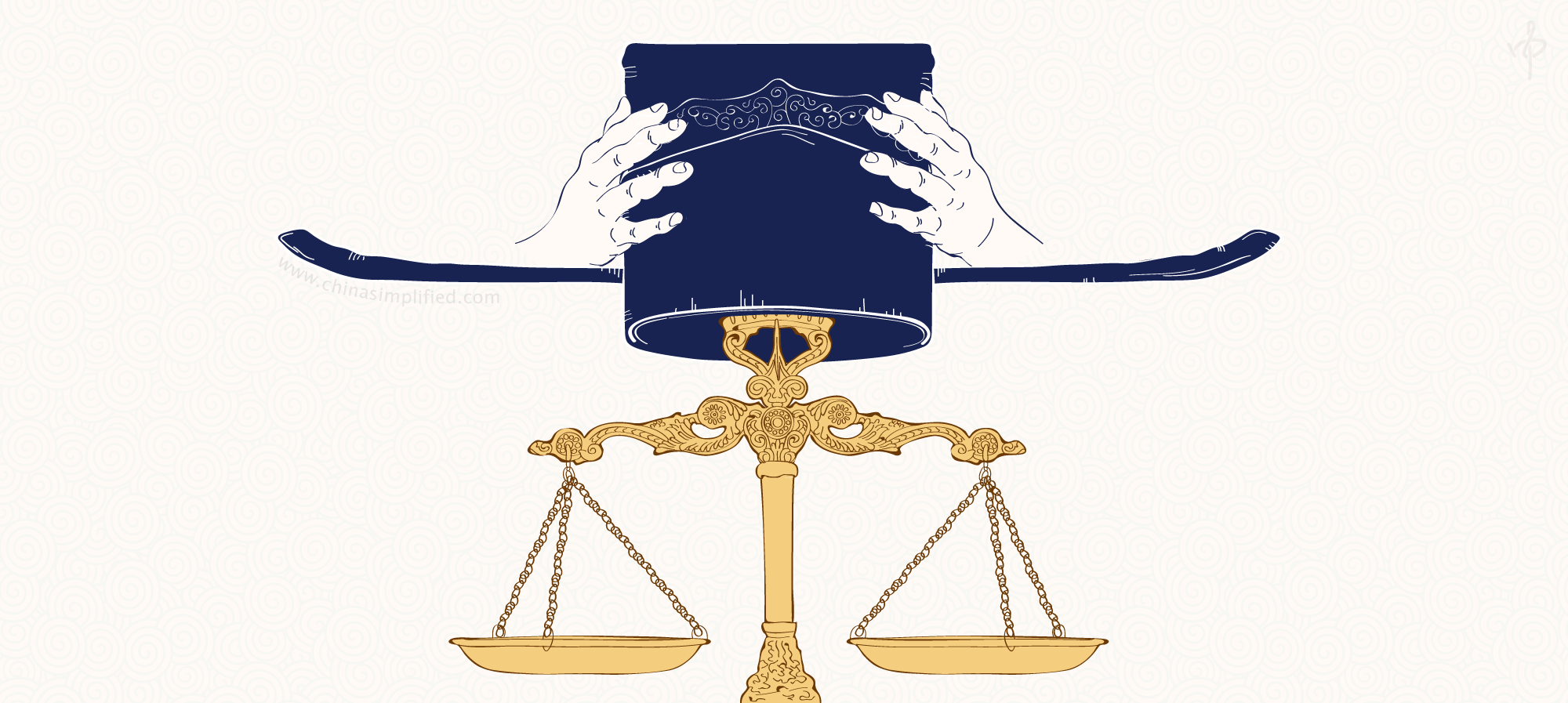With so much China misinformation floating around out there, we decided to consult some legal experts and clarify things for our readers. Beware: some of these misconceptions might surprise you!
1. Contracts aren’t worth the paper they’re written on.
No, you need the contract. If you don’t have a chopped/signed document recording what two parties have just agreed on, then you’ve got almost nothing. Never discount the value of having an agreement in writing, even if future renegotiations may arise.
2. You need to hire a Chinese lawyer for the guanxi.
Choose an experienced and effective lawyer, no matter whether they’re Chinese or foreign. At this point, most lawyers in foreign firms are local, and some local firms hire foreigners. Relationships are important, but don’t assume guanxi is the solution to every problem. Find a lawyer who’s done what you want to do and understands that area of law, along with your specific objectives.
3. The legal system is biased against foreigners.
It’s more accurate to say that legal arguments not aligned with government policy won’t go very far. This is especially true at the local level, where how much your company benefits the economy (e.g. hiring, taxes) will influence how your case is viewed.
Many foreigners perceive the business playing field as not entirely level, with Chinese firms receiving tax subsidies and other subtle benefits, similar to the “home field” advantages local firms enjoy in other countries. That said, the Chinese legal system itself is becoming more balanced and sophisticated over time, so that solid legal arguments not contravening official policy stand an excellent chance of prevailing.
4. When all else fails, you should rely on and cite precedent.
The role of precedent in legal systems derived from English Common Law is exceptional and people who grew up in one of these systems should not make the mistake of assuming that the doctrine of precedent is some sort of universal norm. It isn’t. The legal system in China in much closer to a Continental European Civil Legal system, with many unique Chinese characteristics.
“Precedent has a very limited role in the Chinese legal system and the interpretation of law may differ from court to court,” says Jill Lee, a Zhonglun Law Firm former partner. “In employment law, for example, there are big differences from the southern and northern approaches.”
Government policy and “local priorities” (for better and for worse) are far more important, so better to spend your time and money understanding these factors and deal with the system as it is, not as you wish it was.
5. A direct “lay your cards on the table” approach works best.
“Direct and blunt rarely works here. You need to understand the problem from both sides,” says Robin Gerofsky Kaptzan, Senior Foreign Counsel at Haworth & Lexon with 15 years China experience. “The first call with the other attorney often is a fact finding expedition. Being a good listener is essential. In China, always look at the end game first, figure out a win-win path, then plot your course.”
A Chinese client may take an indirect or ambiguous approach, sensitive about not wanting either side to lose face. In this case, you might consider raising the small, easily acceptable points first to get some yesses going before approaching more complex points. An effective lawyer provides valuable insight into what really matters on both sides and helps solve the problem.
6. Arbitration offers many benefits over litigation.
“Chinese arbitration aligns with the Western system in terms of rules and procedures, but the benefits that most people perceive in overseas arbitration – speed, efficiency, cost savings – aren’t necessarily going to be realized here, except perhaps in smaller cases,” according to Qiu Yijie, Partner at Diamond Legal Partners.
International listed companies may try to specify Hong Kong or Singapore-based arbitration in their cross-border agreements, though in general, local companies prefer domestic legal recourse. The golden rule is: try to minimize your involvement with the legal system. Judges and arbitrators want you to negotiate your own solutions, and often encourage settlements to reduce backlogs.
7. If you litigate and lose, you can always appeal and hopefully win.
Judges check with higher level judges before rendering their decisions. So if you plan to appeal, just know that you’re likely to get the same ruling. After all, the higher level judge assisted the original judge with the decision.
8. A thick “Western style” legal document is your best protection.
Better to keep things simple with a “Party A, Party B” approach. Strive for absolute clarity. Avoid common Western contract terms irrelevant in a Chinese context, and conversely, be sure to include Chinese terms essential to your China deal.
In the end, you don’t need War and Peace. Why would your Chinese partners feel more confident in your relationship if you try to ram a hundred pages of English language boilerplate down their throats?
Foreigners are advised to perform due diligence on all new ventures to avoid unfortunate surprises later on.
The fine print: China Simplified based this article on information derived from China legal experts it considers reliable. But be smart – engage your own counsel before taking legal action in China.









